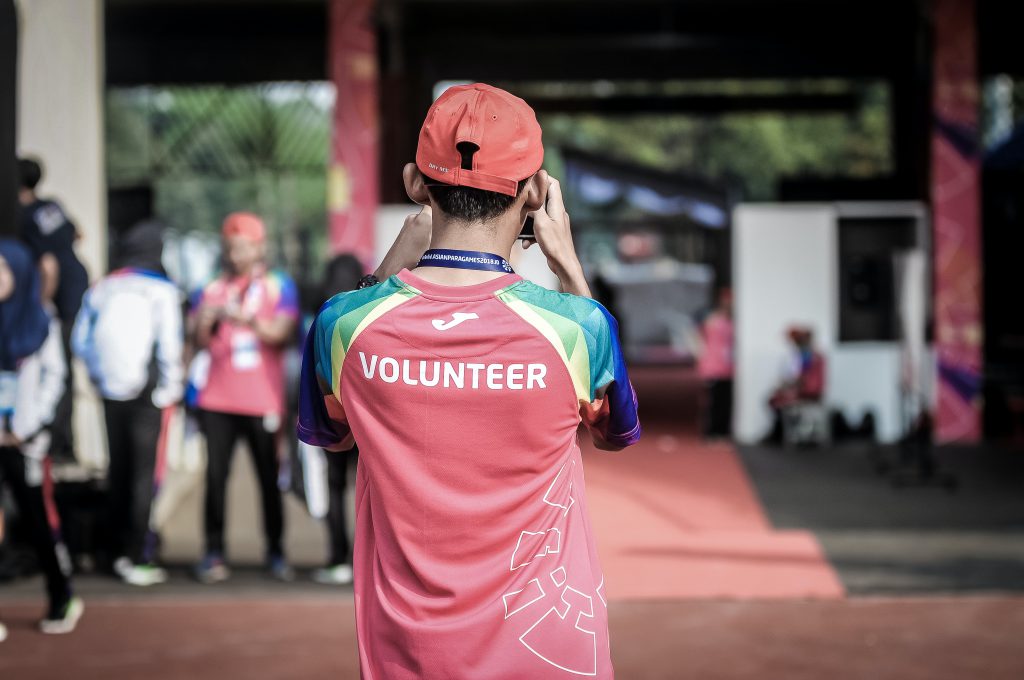This article is cross-posted from the 2i2c blog with additional text describing CSCCE’s role.
We are excited to announce that the team and proposal described in this blog post has been awarded funding by the Chan Zuckerberg Initiative!
Our goal is to create a collaborative cloud infrastructure service that enables community-based cloud-native workflows in the biosciences. We will promote values of open and inclusive community practices, infrastructure that enables these practices, and a “train the trainers” approach that empowers community leaders to share expertise in cloud infrastructure with others in their communities. Our focus will be on communities in Latin America and Africa, and we hope to learn how this model could be extended to other global communities that are historically marginalized from large-scale scientific infrastructure projects.
CSCCE will be working with all of the partners involved in the grant to identify a model for running Open Science Cloud Services (OSCS) for global communities that is generalizable, sustainable, and replicable. We’ll be hosting a series of project kickoff meetings to align everyone around shared vocabulary and best practices for working together, which will be codified into core documentation such as a team playbook. And we’ll be supporting a newly-hired program manager for the project.
This is a collaborative effort between 2i2c, The Carpentries, CSCCE, Invest in Open Infrastructure, MetaDocencia, and Open Life Science. For more detailed information, see the blog post with our full grant narrative.
Continue reading “New project: Open science cloud infrastructure and training for communities in Latin America and Africa”




